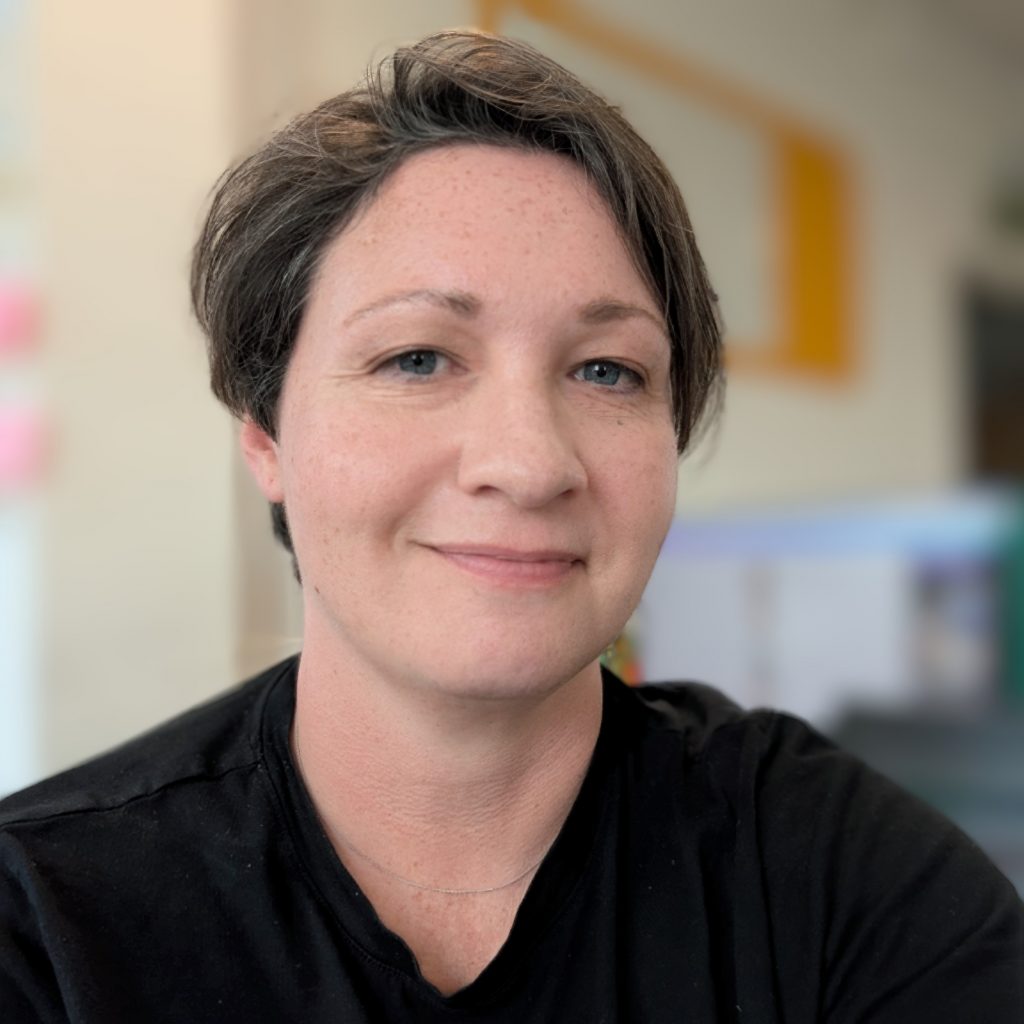Experiencing discrimination or a hate crime can be profoundly distressing. Whether it happens because of your race, sexuality, gender identity, disability, religion, or other aspects of who you are, the impact often goes far beyond the incident itself. Therapy offers a safe, confidential space to process what happened, understand its effects, and begin to rebuild a sense of safety and self-worth.
Understanding the Impact of Discrimination and Hate Crime
Hate crimes and discrimination are not just unpleasant encounters – they are violations that can shake your sense of security and belonging. After such experiences, many people report symptoms such as:
- Anxiety, depression, hypervigilance, or panic attacks
- Difficulty sleeping or recurring nightmares
- Low mood, shame, or self-blame
- Withdrawal from social situations or activities you once enjoyed
- Physical symptoms like tension, headaches, or nausea
These reactions are normal responses to traumatic events. However, without support, they can become overwhelming or long-lasting.
How Therapy Supports Healing
I am a qualified and registered therapist, so I can help you make sense of what happened and support you in moving forward. In sessions, you can:
- Share your story at your own pace, in a safe and affirming space
- Explore the emotional and physical effects of the incident
- Learn tools to manage anxiety, flashbacks, or intrusive thoughts
- Rebuild confidence and reconnect with your strengths
- Develop strategies for staying safe and supported in the future
As a therapist, I understand trauma and minority stress and will work to validate your feelings rather than minimise them. Together, we can work to reduce shame, strengthen resilience, and reclaim a sense of control over your life.
In-Person Therapy in Brighton
If you are based in or near Brighton, in-person therapy provides a consistent, confidential space where you can process your experience face to face with me.
Online Therapy Across the UK
For those who prefer flexibility or live outside Brighton, online therapy offers the same level of care and understanding via Zoom – a secure video platform. Many people find online sessions comforting, as they allow you to talk from the safety of your own home.
Starting therapy with me

Recovering from discrimination or hate crime is not something you have to face alone. Professional support can help you make sense of painful events, heal from trauma, and restore your confidence.
If you’re ready to explore therapy in Brighton or online across the UK, get in touch to arrange a confidential conversation.
Frequently asked questions
How do I know if therapy is right for me after a hate crime?
If you’re struggling with anxiety, low mood, sleep problems, or a sense of disconnection after discrimination or hate crime, therapy can help. Counselling provides a safe, confidential space to process what happened, rebuild trust in yourself and others, and develop strategies for moving forward.
How soon after an incident should I start therapy?
There’s no “right” time. Some people find it helpful to speak with a therapist soon after an incident; others wait until they feel ready. Therapy can support you at any stage of recovery, whether you’re dealing with immediate shock or the longer-term effects of trauma.
Can therapy help with the fear of it happening again?
Yes. A therapist can help you understand and manage hypervigilance or ongoing anxiety, and work with you to develop practical coping tools and supportive boundaries so you feel more secure in daily life.
What if I don’t want to relive the experience in detail?
You’re always in control of how much you share. Therapy is about creating a safe space where you can talk at your own pace. A trauma-informed therapist will never push you to revisit details you’re not ready for.
Support and Resources for Hate Crime and Discrimination
If you’ve experienced discrimination or hate crime, you may also find help from these organisations:
- NHS: Help after a traumatic event
- Switchboard – Helpline
- Mind – Coping with Trauma
- Report Hate Crime (UK Government)
If you ever feel unsafe or in immediate danger, contact the police on 999 or go to your nearest A&E.